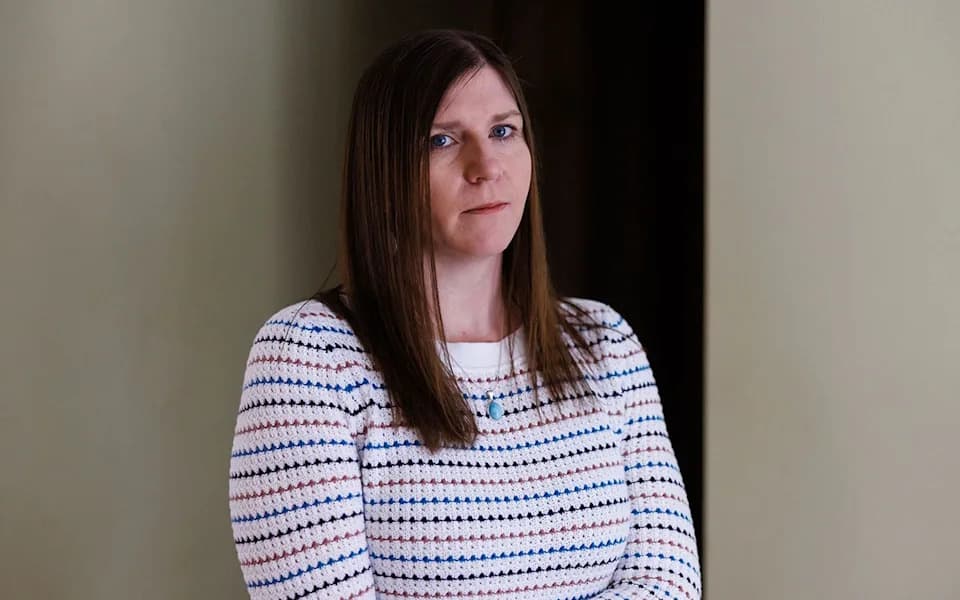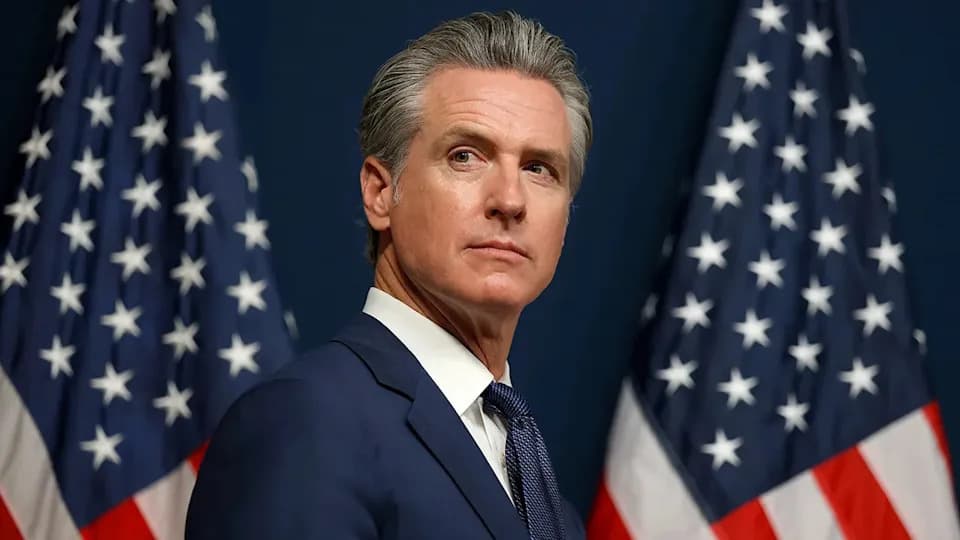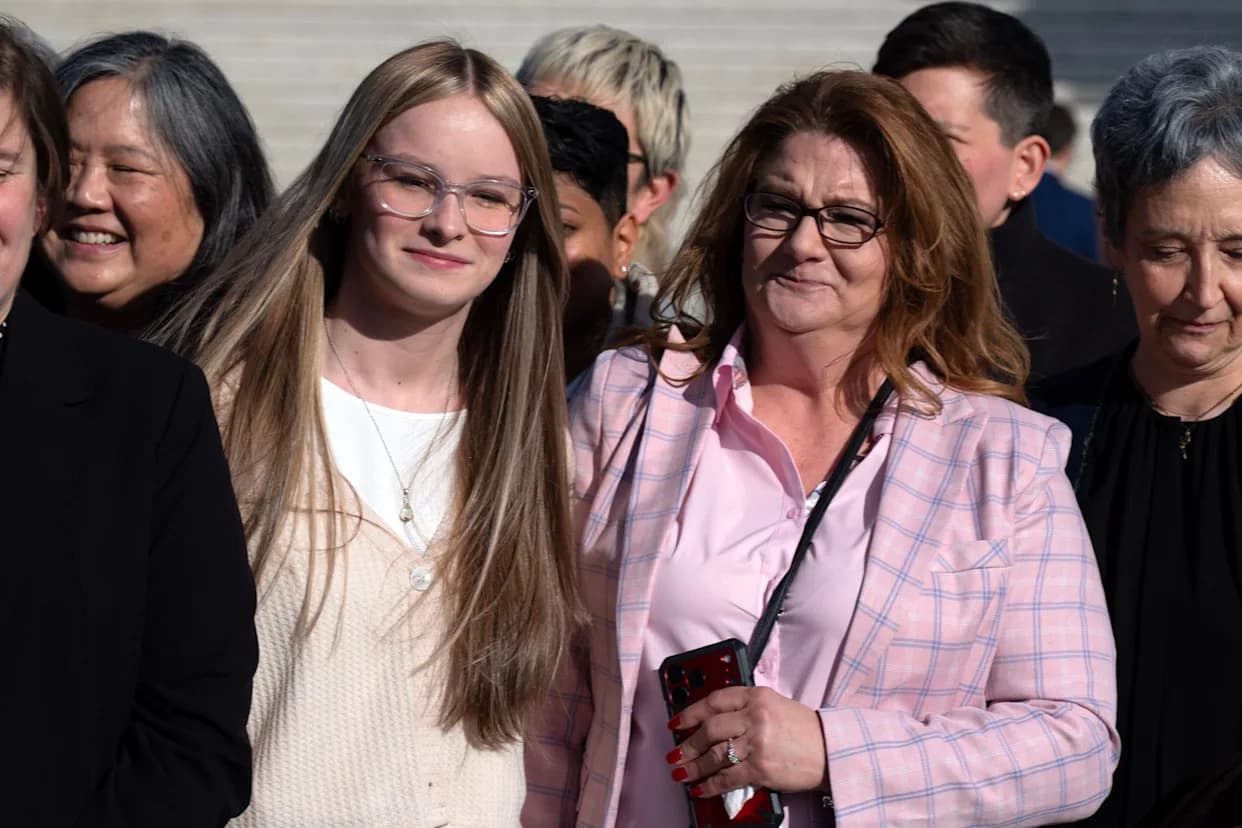The High Court is considering a judicial review of interim guidance from the Equality and Human Rights Commission that said single‑sex toilets should be restricted to people of the same biological sex. Claimants led by the Good Law Project say the advice was legally flawed, created a "climate of fear" for transgender people, and produced practical problems for trans staff. The EHRC says there is no evidence of rights breaches, has withdrawn the guidance, and argues the claim should be dismissed. A written judgment will be published at a later date.
High Court Hears Legal Challenge to EHRC's Withdrawn Guidance on Single‑Sex Toilets

High Court examines challenge to EHRC interim advice on toilet access
The High Court is hearing a judicial review of interim guidance published in April by the Equality and Human Rights Commission (EHRC) on which public and workplace single‑sex toilets transgender people should use. The EHRC withdrew the guidance in October after publishing it days after a Supreme Court ruling on the meaning of "sex" in the 2010 Equality Act.
What the guidance said
The interim advice said that in settings such as hospitals, shops and restaurants, single‑sex toilets should be used only by people of the same biological sex. Under that advice a trans woman (described in court as a biological male who identifies as a woman) would be expected to use a gender‑neutral toilet or the men’s facilities rather than women’s toilets.
Claimants' case
The claimants — the campaign group Good Law Project (GLP) together with three anonymous individuals — argue the guidance was legally flawed and "overly simplistic." Daniel Stilitz KC, for the GLP, told the court the EHRC had given "categorical and clear advice" that transgender people should not use toilets that correspond to their lived gender and that the guidance had created "a climate of fear" for transgender people.
One claimant, a trans man, said they had used the men’s toilets at work without issue until their employer, citing the interim guidance, instructed them to stop and to use the women's or disabled toilet instead — a change the claimant described as inappropriate and distressing.
Mr Stilitz also told the court the commission had not explained how employers or service providers could enforce the guidance without disclosing whether someone was transgender.
EHRC and government response
Arguing for the EHRC, Tom Cross KC said there was no evidence the guidance had caused a breach of a trans person’s rights, that the advice had already been withdrawn, and that the claim should fail. He said the temporary guidance had been carefully considered and was withdrawn to avoid delaying government approval of a revised statutory code of practice.
Zoe Leventhal KC, representing the minister for women and equalities, told the court the guidance may have been too simplistic in suggesting, for example, that a trans woman should not use a women’s toilet in public and that access questions may need to be judged on a case‑by‑case basis.
Third‑party submissions
A lawyer for advocacy group Sex Matters told the court that single‑sex spaces are important for bodily privacy, dignity and safety, and that women’s toilets can provide a refuge for women and girls or be required on religious grounds.
Next steps
The High Court will publish a written judgment at a later date. The outcome will inform how organisations such as gyms, clubs, hospitals and other service providers assess access to particular spaces in the wake of the Supreme Court’s interpretation of the Equality Act.
Help us improve.


































